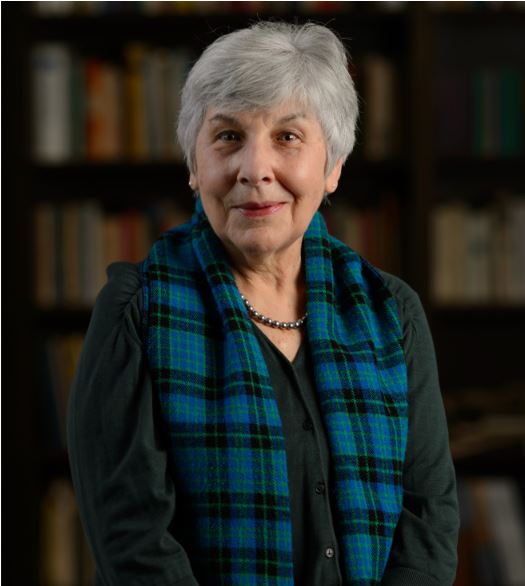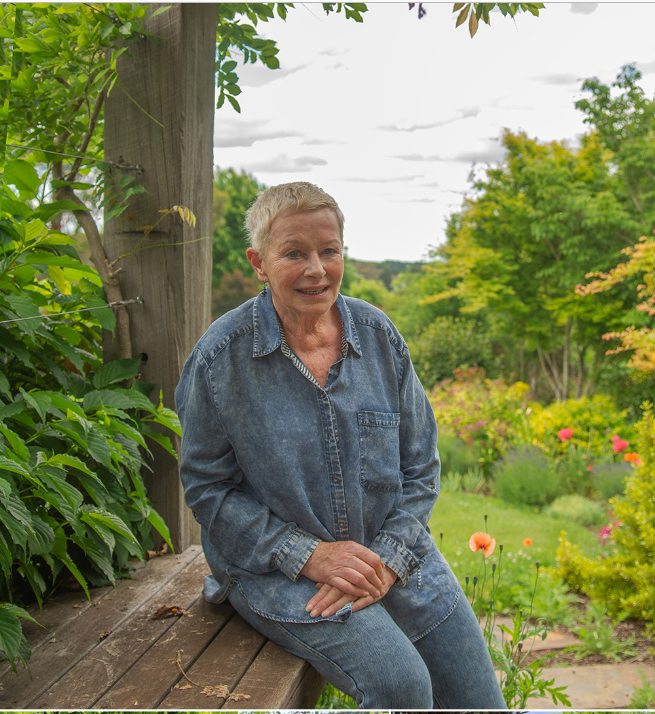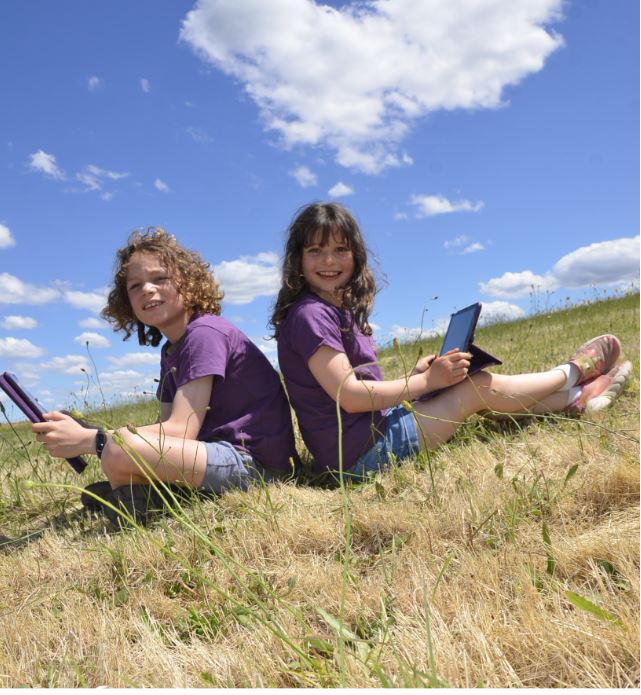March 19th, 2023Clues about Russia revealed at Clunes
AS AN adolescent, Sheila Fitzpatrick challenged her father, including questioning his view on the Soviet Union. Being a socialist, he was hopeful that it was achieving something like socialism.

Later, she went to see for herself, emerging as the most prolific and influential
historian of the Soviet Union now at work. Her 11 books and many articles guided
two generations of scholars eager to crack open the mysteries of what is now again
Russia. An engaging and warm personality, she has been studying Russia since going
from Melbourne to Oxford University as a graduate student in 1964.
The winner of many awards, she is still hard at it at 81, although she retired from
the University of Chicago (home to “the nerdiest of the nerds”) after about 20 years
and is now at the Australian Catholic University in Melbourne. She will be at Clunes
for Booktown.
We discussed the famous Winston Churchill quotation from 1939 that Russia is
a riddle, wrapped in a mystery inside an enigma. It is possibly less so now, she says.
“But when I first went into the field I felt very strongly that it is a total mystery.
Some people would say everything over there is terrible and other people say that
everything over there is great and nobody actually seemed to know very much
because, of course, the Iron Curtain was a real obstacle to the passage of people and
information.”
That changed, but she says we still don’t collectively have a very clear sense
of what Russia is all about. We do know that Russia has been worried about the
expansion of NATO towards its border, and it felt that it had been assured that this
would not happen. At the time of the break-up of the Soviet Union, its President,
Gorbachev, did get such assurances.
“I don’t see a sign of any quick ending of this terrible war,” she says. “At the
moment neither side seems to be achieving a clear military victory, therefore there’s
got to be a negotiated settlement, at some point, one assumes, but I don’t see it soon.”
An indication of her following is that her latest work, the 256-page Shortest
History of the Soviet Union has had four English editions and 10 translations,
including Ukrainian. Surprisingly, she says, there is a Russian edition. The contract
was signed just before the invasion.
As an historian she used journalistic methods to track changes in Russian power,
looking up the Moscow and St Petersburg phone directories to see what people and
organisations had been dropped. Her father, Brian Fitzpatrick, had been a journalist,
as well as helping set up the civil liberties movement in Australia, and she says she has
some of the journalist in her.
“I loved doing that. I was very happy to find that source and to work away…”
Amazingly enough, while researching a new book on displaced persons from the
Soviet Union and the Baltic, she found that a secret agent was sent to Australia by
the Soviet to try to persuade former Soviet citizens who became “displaced persons”
because of the World War II to return. This was in 1951-52 and, she says, he had a
lot of difficulty because the migrants did not want to go back. She says the agent had
many psychiatric cases on his doorstep and was kind to them.
Almost as fascinating as her work was how she came to marry. She was on a
flight from New York to Austin, Texas, in 1989, which stopped in Houston. She
had an aisle seat and invited the man next to her to stretch his legs. They fell into
conversation. His name was Mischka Danos, a Latvian who, astonishingly survived
the World War II by moving to Germany, and then to the US with his mother, who
was sponsored by one of the Jewish people she saved.
He and Professor Fitzpatrick talked on that flight. They spoke in Russian. “He
suddenly stopped, explaining later that this was because he had a conflict about which
version of ‘you’ to use: the familiar, which felt natural but impolite given our very
recent acquaintance, or the polite one, which felt wrong because of his feeling that he
was talking to someone he knew well.” They were together until his death 10 years
later.
Away from academia, Professor Fitzpatrick played violin in chamber music groups.
And then there are her three passports. On entering or leaving this country
she uses her Australian one. Earlier, she automatically lost this by getting a British
passport so she could enter the Soviet Union. This was in her newly-acquired married
name, but she published under her maiden name, which helped because her first
scholarly article as S. Fitzpatrick (presumably male) was denounced as anti-Soviet
propaganda by a Moscow daily paper but nothing happened to her. Then she got an
American passport and now has an Australian one as well, so she can certainly travel…
Professor Fitzpatrick will appear with fellow historian Professor Joy Damousi
talking about Russia’s Soviet past at a sold-out event at Clunes Courthouse at
1.30pm on Saturday, March 25.
Words: Kevin Childs | Image: Contributed










